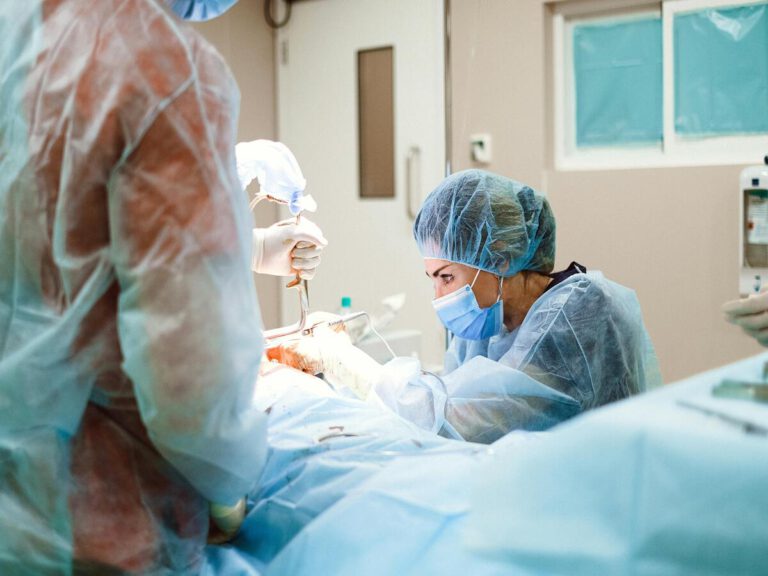How to Tell if a Surgeon is Good
Determining whether a surgeon is good is a critical question for anyone considering a medical procedure. Evaluating a surgeon’s competence and reliability involves considering several important factors. Here are some key criteria to help you understand if a surgeon is good:
- Education and Certifications
- Experience and Success Rates
- Patient Reviews and References
- Communication and Empathy Skills
- Clinic and Hospital Environment
- Pre- and Post-Operative Care
- Legal and Ethical Standards
1. Education and Certifications
Educational Background
The university where the surgeon received their medical education and their subsequent specialized training are important. Surgeons who graduated from prestigious and well-known medical schools generally have received a better education.
Certifications and Specializations
The surgeons must be certified by relevant medical boards, indicating that they have the necessary knowledge and skills in their field of specialization. For example, certifications in plastic surgery, general surgery, or orthopedics are crucial.
2. Experience and Success Rates
Number of Surgeries and Experience
The number of years the surgeon has been practicing and the number of surgeries they have performed is significant indicators. More experience usually translates to a higher level of expertise and reliability.
Success Rates
Research the success rates and complication rates of the surgeries the surgeon has performed. Surgeons with high success rates are generally more reliable. You can obtain this information from the surgeons themselves or from patients who have undergone surgery with them.
3. Patient Reviews and References
Patient Reviews
Online patient reviews and ratings are good sources of information about a surgeon’s performance. However, consider the authenticity and objectivity of the reviews.
References and Personal Recommendations
Direct references from patients who have previously undergone surgery with the surgeon are among the most reliable sources of information. Recommendations from trusted individuals like family members or friends are also very valuable.
4. Communication and Empathy Skills
Initial Consultation
Pay attention to how the surgeon communicates with you during the initial consultation. A surgeon who listens carefully to your questions and provides detailed explanations is generally more reliable.
Empathy and Patient Relationships
The surgeon’s ability to empathize and their relationships with patients are also important. Surgeons who communicate well with their patients, understand their concerns and reassure them are more reliable and successful.
5. Clinic and Hospital Environment
Hospital and Clinic Facilities
The equipment and hygiene standards of the hospital or clinic where the surgeon works are important indicators. Well-equipped, clean, and modern clinics usually offer a better surgical experience.
Team and Support Staff
The quality of the team working with the surgeon is also important. An experienced and professional team enhances the success of the surgery and reduces the risk of complications.
6. Pre- and Post-Operative Care
Pre-Surgery Information
It is essential that your surgeon provides detailed information before the surgery and is transparent about potential risks. This demonstrates the surgeon’s professionalism and commitment to your health.
Post-Surgery Care
The care and support provided by your surgeon after the surgery are also important. A good surgeon will ensure you receive all the necessary support during your post-operative recovery period.
7. Legal and Ethical Standards
Legal Regulations and Certifications
Check if your surgeon has all the necessary licenses and certifications to practice legally. Surgeons who comply with legal regulations are more reliable.
Ethical Conduct
It is crucial that the surgeon adheres to ethical standards and prioritizes their patients’ health above all else. Surgeons with strong ethical values earn their patients’ trust and achieve better outcomes.
Understanding if a surgeon is good requires careful research and evaluation. Factors such as education and certifications, experience and success rates, patient reviews and references, communication and empathy skills, clinic and hospital environment, pre-and post-operative care, and legal and ethical standards should all be considered in this evaluation process. By carefully assessing these criteria, you can select the most suitable surgeon for your health and safety.
Image credit: Klaus Nielsen





